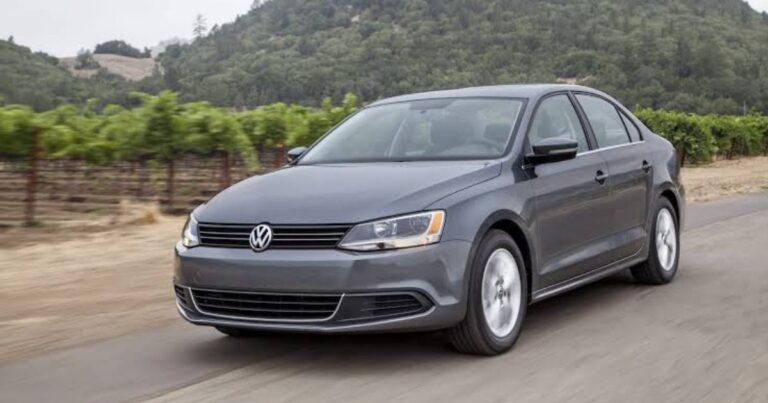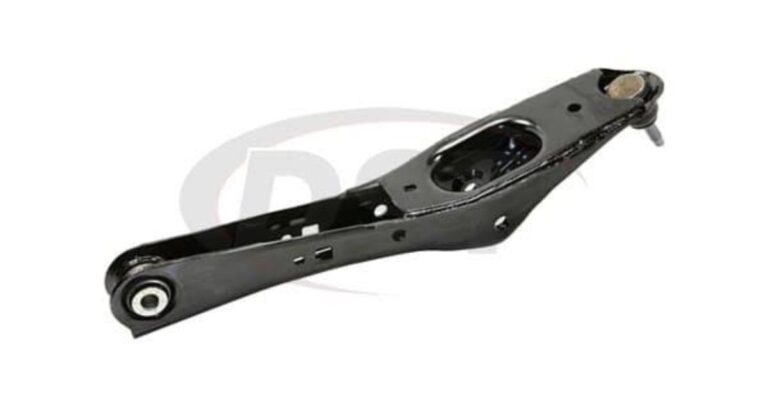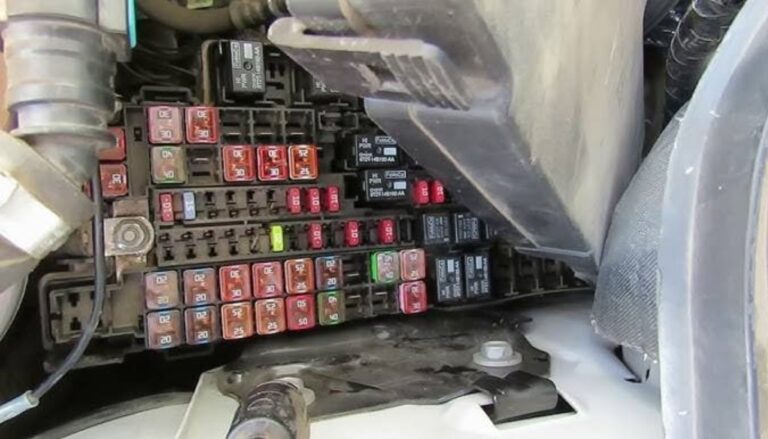
Yes, many modern diesel engines do have a catalytic converter. In fact, emissions regulations around the world have made catalytic converters standard equipment on most diesel vehicles, just like on gasoline engines. However, diesel catalytic converters are different from those found in gasoline-powered cars because diesel engines produce different types of emissions.
Let’s explore why diesel engines use catalytic converters, how they work, and how they differ from those in gasoline vehicles.
What Is a Catalytic Converter?
A catalytic converter is an emissions control device installed in a vehicle’s exhaust system. Its main purpose is to reduce harmful pollutants by converting them into less harmful gases before they exit the tailpipe.
Catalytic converters do this through a chemical reaction using catalysts like platinum, palladium, and rhodium. In gasoline engines, they typically reduce:
- Carbon monoxide (CO)
- Hydrocarbons (HC)
- Nitrogen oxides (NOx)
Do Diesel Engines Have Catalytic Converters?
Yes, They Do
Diesel engines have catalytic converters, but they are designed specifically for diesel exhaust emissions. Diesel catalytic converters primarily target:
- Particulate matter (PM) (soot)
- Nitrogen oxides (NOx)
- Carbon monoxide (CO)
- Hydrocarbons (HC)
Because diesel engines produce more NOx and particulate matter than gasoline engines, their catalytic converters often work alongside other components in the exhaust system, such as:
- Diesel Oxidation Catalysts (DOC)
- Diesel Particulate Filters (DPF)
- Selective Catalytic Reduction (SCR) systems
Types of Catalytic Converters in Diesel Engines
1. Diesel Oxidation Catalyst (DOC)
- The DOC converts carbon monoxide (CO) and hydrocarbons (HC) into carbon dioxide (CO2) and water.
- It helps reduce the amount of unburned fuel and soot in the exhaust stream.
2. Diesel Particulate Filter (DPF)
- The DPF captures and stores particulate matter (soot) from the exhaust.
- It periodically goes through regeneration, burning off the trapped soot to prevent clogging.
3. Selective Catalytic Reduction (SCR)
- SCR uses a diesel exhaust fluid (DEF), such as AdBlue, injected into the exhaust stream.
- This reduces nitrogen oxides (NOx) by converting them into nitrogen and water vapor.
Why Do Diesel Engines Need Catalytic Converters?
Diesel engines are fuel-efficient but produce high levels of:
- Nitrogen oxides (NOx): Harmful pollutants that contribute to smog and acid rain.
- Particulate matter (PM): Tiny particles of soot that can harm human health.
Catalytic converters, along with DPF and SCR systems, help diesel engines meet strict emissions standards like:
- Euro 6 (Europe)
- EPA Tier standards (United States)
Without these systems, diesel engines would emit much higher levels of pollutants.
Are Diesel Catalytic Converters the Same as Gasoline Catalytic Converters?
No, they are different in design and function:
- Gasoline catalytic converters focus on reducing carbon monoxide (CO), hydrocarbons (HC), and nitrogen oxides (NOx).
- Diesel catalytic converters focus on oxidation of CO and HC but require additional components like DPF and SCR to handle particulate matter and NOx efficiently.
Diesel engines typically operate at lower exhaust temperatures, which is why diesel catalytic converters often need additional systems to be effective.
What Happens If a Diesel Catalytic Converter Fails?
A failing diesel catalytic converter or emissions system can lead to:
- Reduced engine performance
- Increased exhaust smoke
- Higher emissions
- Check engine light activation
- Failed emissions tests
In some cases, a clogged catalytic converter can cause the engine to go into limp mode, reducing power to protect the engine.
Can You Drive a Diesel Without a Catalytic Converter?
While technically possible, it’s illegal in most places to remove or bypass a catalytic converter. Tampering with emissions systems can:
- Result in fines and penalties
- Cause the vehicle to fail emissions testing
- Increase pollution
- Potentially void warranties
Some people attempt to delete their DPF or SCR systems for performance gains, but this is not recommended and can lead to serious legal and environmental consequences.
Do Older Diesel Vehicles Have Catalytic Converters?
Many older diesel vehicles, especially those made before the late 1990s or early 2000s, did not come with catalytic converters or particulate filters. As emissions standards became stricter, catalytic converters became more common on diesel engines.
Today, nearly all modern diesel vehicles are equipped with advanced emissions control systems, including catalytic converters, DPFs, and SCR.
Conclusion
Yes, diesel engines have catalytic converters, but they are designed specifically to handle diesel exhaust and its unique pollutants. Alongside diesel oxidation catalysts, particulate filters, and selective catalytic reduction systems, these converters play a critical role in reducing harmful emissions. If you drive a modern diesel vehicle, you can be sure it’s equipped with a catalytic converter system to help meet current environmental standards.
FAQs
Do Diesel Engines Have Catalytic Converters Like Gasoline Engines?
They have catalytic converters, but they are different in design. Diesel systems are usually paired with DOC, DPF, and SCR for complete emissions control.
Can a Diesel Catalytic Converter Be Cleaned?
Yes, in some cases, diesel catalytic converters and DPFs can be cleaned professionally. Regeneration cycles also help burn off soot and keep them clear.
What Happens If You Remove a Diesel Catalytic Converter?
It’s illegal in most places and will cause your vehicle to fail emissions tests. It can also lead to excessive pollution and potential engine issues.
Are Diesel Catalytic Converters Expensive?
They can be. Depending on the vehicle, diesel catalytic converters can cost anywhere from $1,000 to $3,000 or more, especially if part of a complex emissions system.
How Long Do Diesel Catalytic Converters Last?
With proper maintenance and regular regeneration of the DPF, diesel catalytic converters can last 100,000 to 150,000 miles or more. However, driving habits and fuel quality can affect lifespan.
Also Check:
• Does a Diesel Engine Have a Spark Plug?
• Does a CVT Transmission Have a Torque Converter?
• Does A Cold Air Intake Make Your Car Faster?






2 Comments